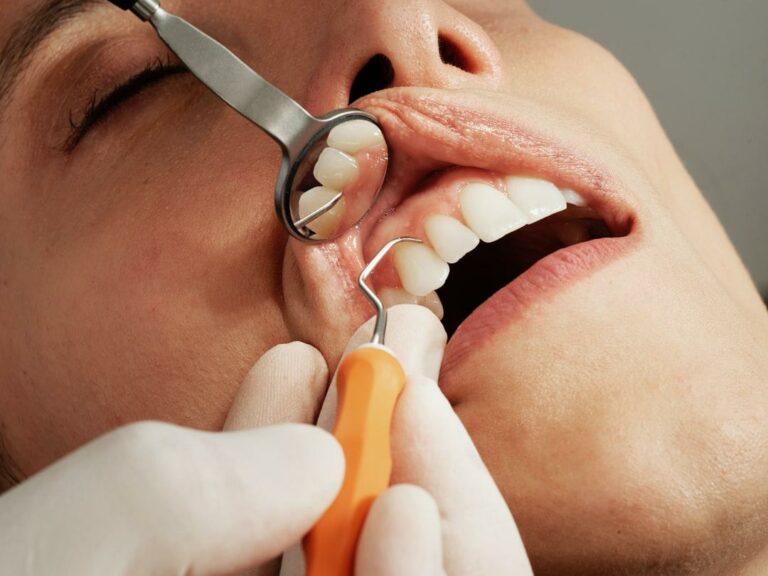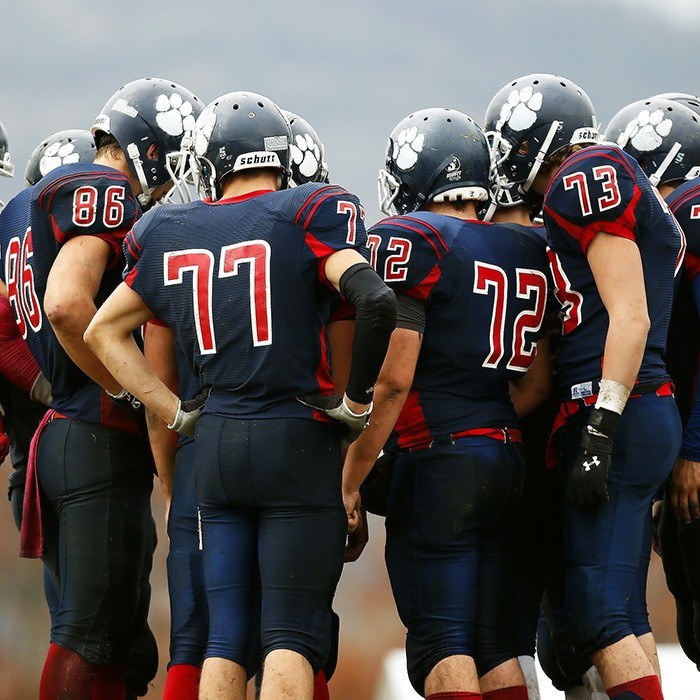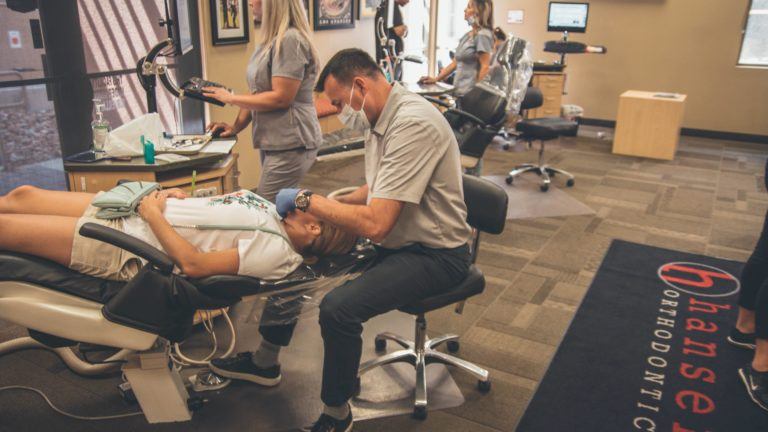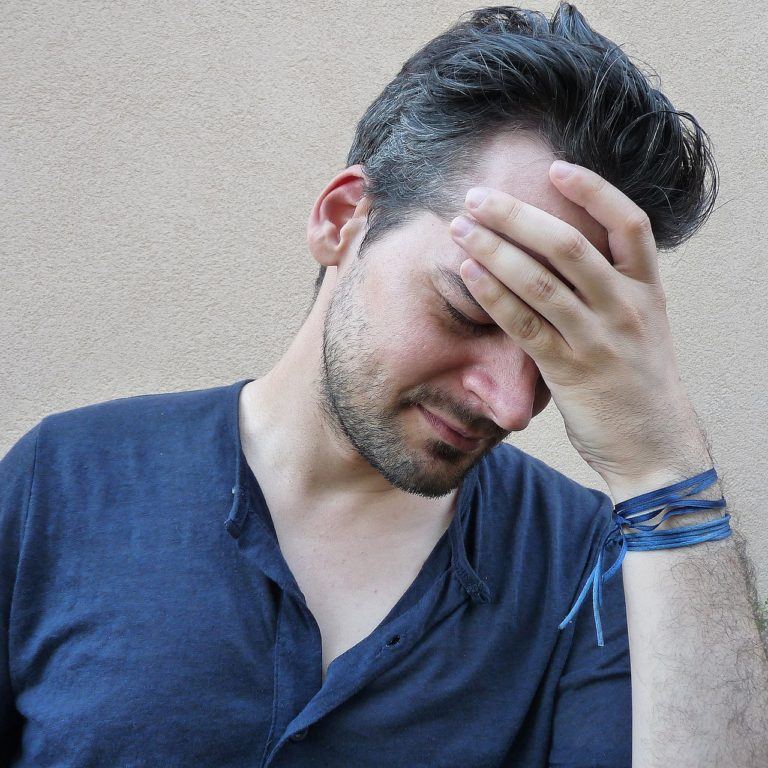Ask Dr. Hansen of Las Vegas: Should You Rinse After Brushing?
Good oral hygiene is vital to maintaining healthy teeth and gums. However, it can sometimes be challenging to do everything we’re “supposed” to be doing to prevent cavities, gum disease, and other oral health issues.
In addition to daily brushing and flossing (which you might have to squeeze into your morning routine and remember to do before you fall into bed at night), you also have to make sure you’re getting professional cleanings and exams every six months.
A frequent recommendation for stepping up your at-home oral care routine is rinsing after brushing. You may be thinking, “Great, another step to remember.” As it turns out, this step — often considered an important one — may not be as necessary as you thought.
Why We Tend To Rinse and Spit After Brushing
After brushing, it’s natural to want to rinse the remaining toothpaste out of your mouth. Along with getting rid of the foamy texture, you might not want a particularly potent flavor lingering in your mouth for too long. Many of us learned to rinse and spit as children, so it became a habit.
Some people rinse after brushing because they use fluoridated toothpaste and want to avoid swallowing it. While fluoride is good for your teeth, it can also cause stomach upset, such as nausea, abdominal discomfort, etc., if you ingest too much. Although it’s rare, it remains a common concern to some.
The Benefit of Not Rinsing After Brushing
Here’s the thing — it might actually be that NOT rinsing after brushing with fluoridated toothpaste is better for your dental and gum health. One of the most significant benefits of skipping the rinse is that fluoride stays on your enamel longer. You give the mineral time to strengthen your teeth and boost their resistance to acid attacks, thus reducing your risk of tooth decay.
Try a New Routine
Are you ready to give skipping your daily rinse cycle a try? Here are a few tips for trying out a new routine:
- Spit, don’t rinse. Rather than rinsing your mouth with water after brushing, just spit out any excess toothpaste to avoid swallowing it.
- Floss before you brush. Many people floss after they brush to loosen plaque and debris from between their teeth. Then they rinse to wash it all away. However, that also removes fluoride. Instead, try flossing before you brush and letting your toothbrush remove the debris.
- Wait before you use mouthwash. Don’t use mouthwash right away. Wait about 30 minutes to give the fluoride a chance to work.
- Get routine cleanings and exams. Professional cleanings and exams are an essential part of your oral care routine, even if you maintain good habits at home.
Skipping Rinsing After Brushing
Changing habits can be difficult, especially if you’ve practiced them for a long time. However, rinsing your mouth out immediately after brushing could actually undo all of the hard work you put into protecting your oral health at home.
Instead, try skipping your typical rinse with water and wait to use mouthwash. That simple change may give you better protection against tooth decay and gum disease.







